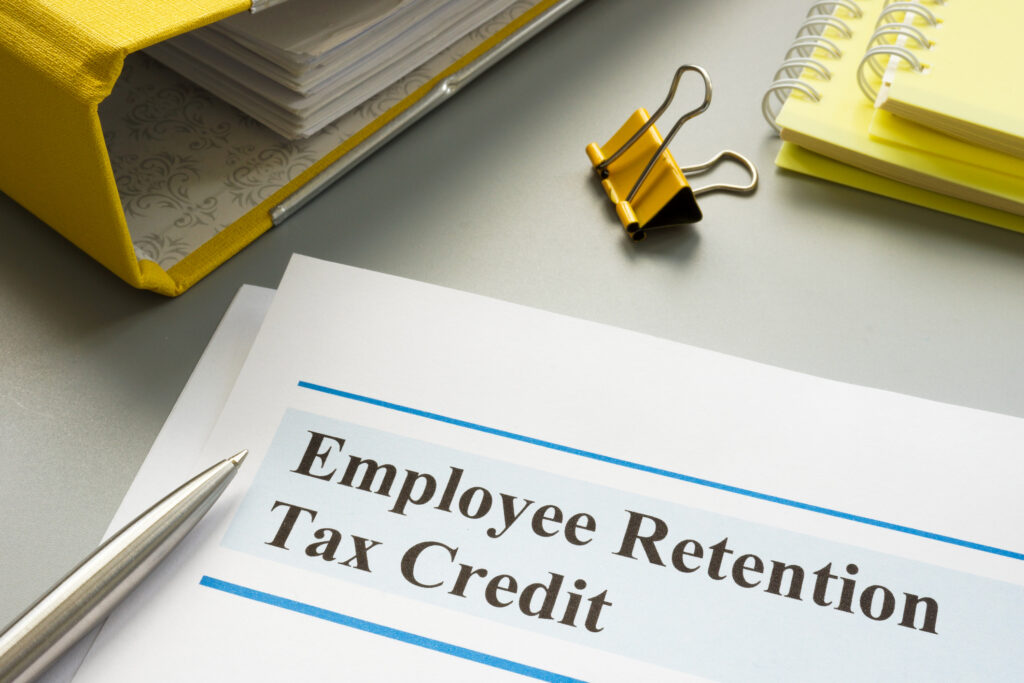Key Insights for Employers on the Employee Retention Credit
- Contributor
- Ann Marie Sale
Dec 5, 2023
Since its inception, the IRS has frequently revised the Employee Retention Credit (ERC), leading to uncertainty among taxpayers about their eligibility for this significant tax credit. In light of recent changes aimed at addressing improper claims, and considering the stringent deadlines for ERC claims, it is increasingly important for eligible taxpayers to evaluate their qualification under the updated regulations swiftly.
Retroactive Claims and Benefits
The ERC offers a refundable tax credit for qualifying payroll and health plan expenses for employers affected by COVID-19. Specifically, it targets employers whose operations were suspended due to government orders related to COVID-19, or those who experienced a significant decrease in gross receipts. Originating from the Coronavirus Aid, Relief, and Economic Security (CARES) Act, the ERC provides critical relief for businesses that maintained their workforce and health benefits during the pandemic. Claims can be retroactively filed until April 15, 2024, for 2020 and April 15, 2025, for 2021 ERC.
Avoid Unscrupulous ERC Promotions
The IRS included Employee Retention Credits in its Dirty Dozen list of tax scams and has cautioned against schemes by certain promoters airing ads on the radio and the internet lauding refunds involving ERCs. Many of these promotions can be based on inaccurate information related to eligibility for and computation of the credit, leading ineligible employers to claim the credit. Such misleading promotions can lead to severe consequences, including the need to return funds with interest and potential civil penalties. Taxpayers should seek advice from reputable tax professionals for accurate ERC eligibility assessment.
Validating Employee Retention Credit Claims
While it’s important to be cautious of fraudulent schemes, eligible employers should not be deterred from pursuing the ERC. Successfully claiming the ERC necessitates a thorough grasp of the employer’s business dynamics, including understanding the company’s structural organization, analyzing gross receipts, and assessing how government orders specifically influenced business operations during the pandemic. Employers who suspect they may qualify or are contemplating an ERC claim need to be wary of promoters who lack diligence in substantiating the impact of the pandemic on their business activities and should reach out to an experienced tax professional for guidance. This ensures a thorough and accurate claim evaluation, safeguarding against misrepresentation and maximizing the potential benefits under the ERC guidelines.
For Employers Awaiting ERC Refunds and Undergoing IRS Examination
Employers awaiting refunds for ERC claims should actively engage with the IRS to check the status of their claims. Due to the large number of submissions, delays in processing are not uncommon, and seeking professional help can be beneficial in addressing any issues that may be causing these delays. Additionally, if your ERC claim is selected for an IRS examination, it does not inherently signal a problem. The IRS uses various selection methods, such as random and computer-based screenings. In such situations, employers must be ready to thoroughly substantiate their eligibility according to the government’s criteria. Maintaining well-documented and rigorously reviewed claims is vital, particularly considering the IRS may conduct audits up to three years after the claim filing.
Understanding the complexities of the Employee Retention Credit can be challenging. To ensure accurate eligibility determination, precise credit calculation, and effective defense of claims with the IRS if required, employers should only consult with experienced tax professionals. If you are uncertain about the implications of ERC claims for your business, reach out to your CRI advisor. They can provide tailored guidance and support to help you navigate the complexities of the ERC effectively.






























































































































































































































































































































































































































































